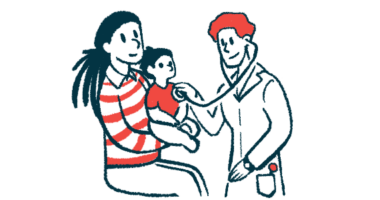Global Genes Starting Grant Cycle for RARE Meet-Ups

Global Genes is accepting grant applications to fund a series of U.S.-based RARE Meet-Ups for those affected by a rare disease, including cold-agglutinin disease (CAD), scheduled to occur from April to November.
Grant applications are being accepted through the Global Genes Grant Portal until Feb. 4. Recipients will be notified of acceptance by Feb. 21, and announced publicly later that week.
Eligible applicants for the grants include support groups and nonprofits focused on any of the 7,000 rare diseases, defined as those affecting fewer than 200,000 people in the U.S. Applicants must to be based and accredited in the U.S. Additionally, eligible organizations also must be members of the Global Genes RARE Foundation Alliance.
Five grants will be awarded to support local events that provide important education and necessary in-person collaboration for rare disease patients, caregivers, and advocates. Each grant is intended to fund one three- to four-hour meeting. Meetings are intended to equip participants to better serve their rare disease communities, according to a post on the Global Genes website.
Proposed meet-ups may cover a wide-variety of categories affecting local rare disease communities, including caregiver or patient support, scientific knowledge dissemination, increased fundraising for rare disease organizations, and ultra-rare disease awareness.
Caregiver or patient support meetings should focus on supporting patients and caregivers across specific rare disease communities. This could include supporting their mental health, helping them navigate local healthcare systems, and/or addressing the long-term effects of the current COVID-19 pandemic.
Meet-ups focused on spreading scientific knowledge could include gathering researchers to discuss specific rare diseases or broader disease categories, educating the community about patient registries, or informing the disease community about natural history data, which is obtained by studying a group of untreated patients over time.
Engagements dedicated to expanding an organization’s fundraising work also could include expanding volunteer outreach, community outreach, and addressing the long-term impacts of the pandemic within local communities.
Events devoted to ultra-rare diseases also can for grants. These meet-ups may focus on improving diagnosis through early testing, understanding the significance of one’s diagnosis, or other issues faced by ultra-rare disease patients.
Cold agglutinin disease is a rare autoimmune disorder in which self-targeting antibodies attack and destroy red blood cells at low temperatures. It affects about one in every 80,000 people, mostly those older than 50.







